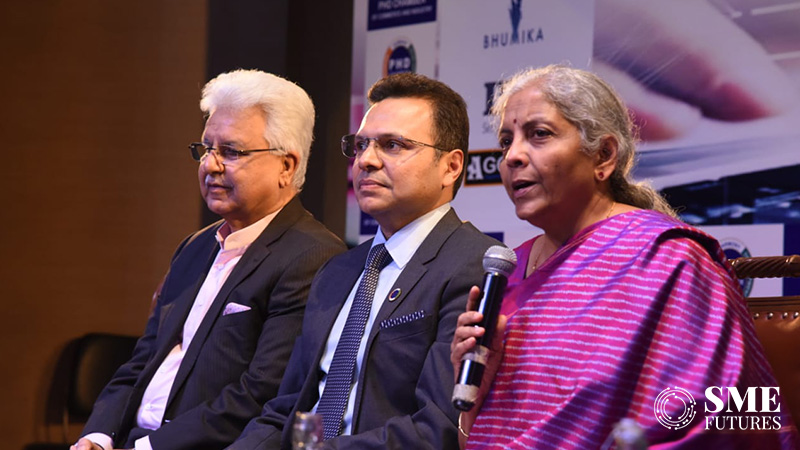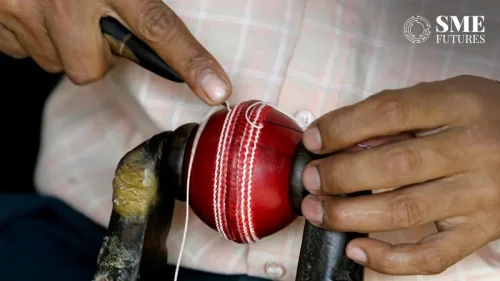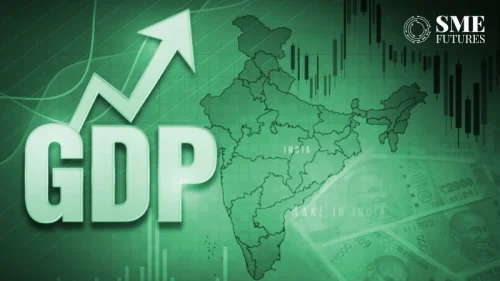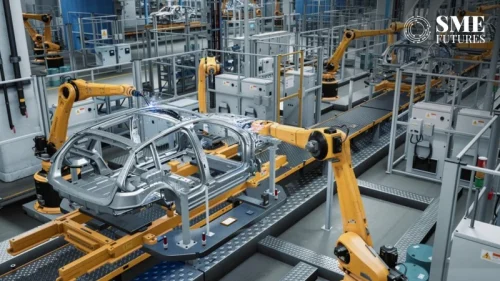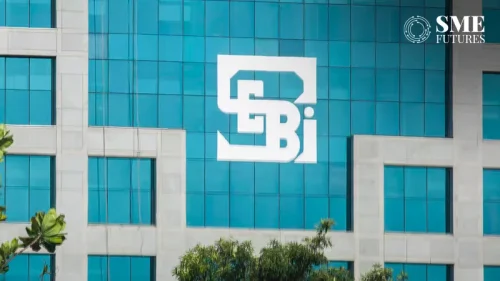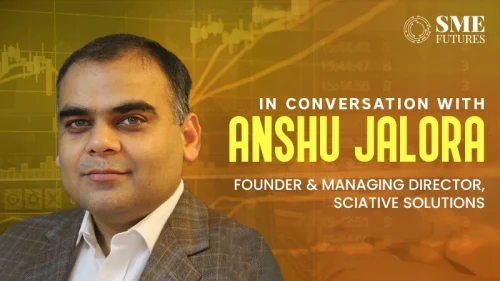The central government is ensuring that the public expenditure continues to grow to have a desired multiplier effect on all the sectors as per the directions set by PM Modi, stated the Union Finance Minister, Nirmala Sitharaman at the Post Budget Session of PHD Chamber of Commerce and Industry (PHDCCI).
“For the last 3-4 years, there has been a consistent emphasis on public capital expenditure, such as in last year’s budget, and this year’s budget has seen a 30 per cent increase in capital expenditure. This is the first time in many years that the capital expenditure has reached a double-digit amount, making it the clear focus of this budget,” FM explained.
Sitharaman also stated that capital expenditure has the potential to benefit a range of core industries, making it an effective way to ensure that money is directed to the right places and generates multiplier effects.
“However, we must also ensure that we take care of those who need it most. As such, we will continue with the free food programme throughout this year, ensuring that no family is left without food. In addition to inclusion, our major focus should be on Micro, Small and Medium Enterprises (MSMEs), which are the backbone of the Indian economy and important job creators.”
Also Read: India focussing on 300 million ton annual steel production by 2030: Scindia
She added, “Unlike large units that are often located in specific places to leverage scale, MSMEs are spread throughout the country, creating local employment wherever they are found.”
Additionally, FM informed that the central government is collaborating with the states, as well as the Tier III administrations, such as the Panchayats or ward-level administrations, to ensure that MSME priorities remain at the top of the agenda.
She also informed me about the importance of women’s empowerment, as a significant portion of the self-help groups (SHGs) in the villages are women’s groups. There are more than 81 lakh women’s SHGs in the country. To ensure that these groups have greater access to resources, professional assistance, and market linkages, we are adding branding and market-finding activities to their portfolio.
With these initiatives, we hope to enable true women’s empowerment, allowing them to scale up their activities and run a professional, profitable, and government-supported women’s group.
Along with that, Sitharaman interacted with several industry stakeholders and members of PHDCCI and discussed issues like GST compilation on textiles, petroleum and its products, education, housing for the poor, corporate tax, taxation for MSMEs, and company laws.
In response to all those related questions, FM acknowledged a few of them like, such as for petroleum and related products to fall under GST, she said that there is already a provision however, all the states are yet to agree and set one GST rate. “Once the states agree, we’ll have the petroleum and related products under GST,” she said.
Also Read: Govt collaborating with states & tier III administrations to prioritise MSMEs: FM
On the question raised over the contrast between company laws and SEBI laws, FM said that the government will consider it.
Speaking at the session Shri Saket Dalmia, President PHD Chamber lauded the Government’s focus on the short-term needs of the economy as well as the long-term vision to make India a Developed Nation by 2047.
He said that the rise in farm incomes, the well-established linkage of the agriculture sector with Industry and innovative solutions for this sector will be a stepping stone towards achieving our goal of inclusive development.
Furthermore, FM also launched a report on the union budget 2023 analysis reported by PHDCCI.

